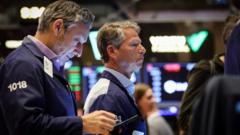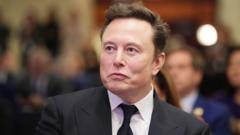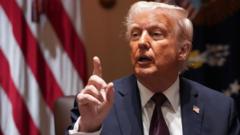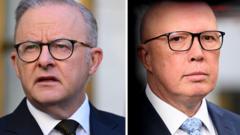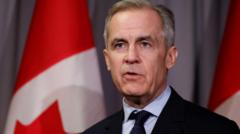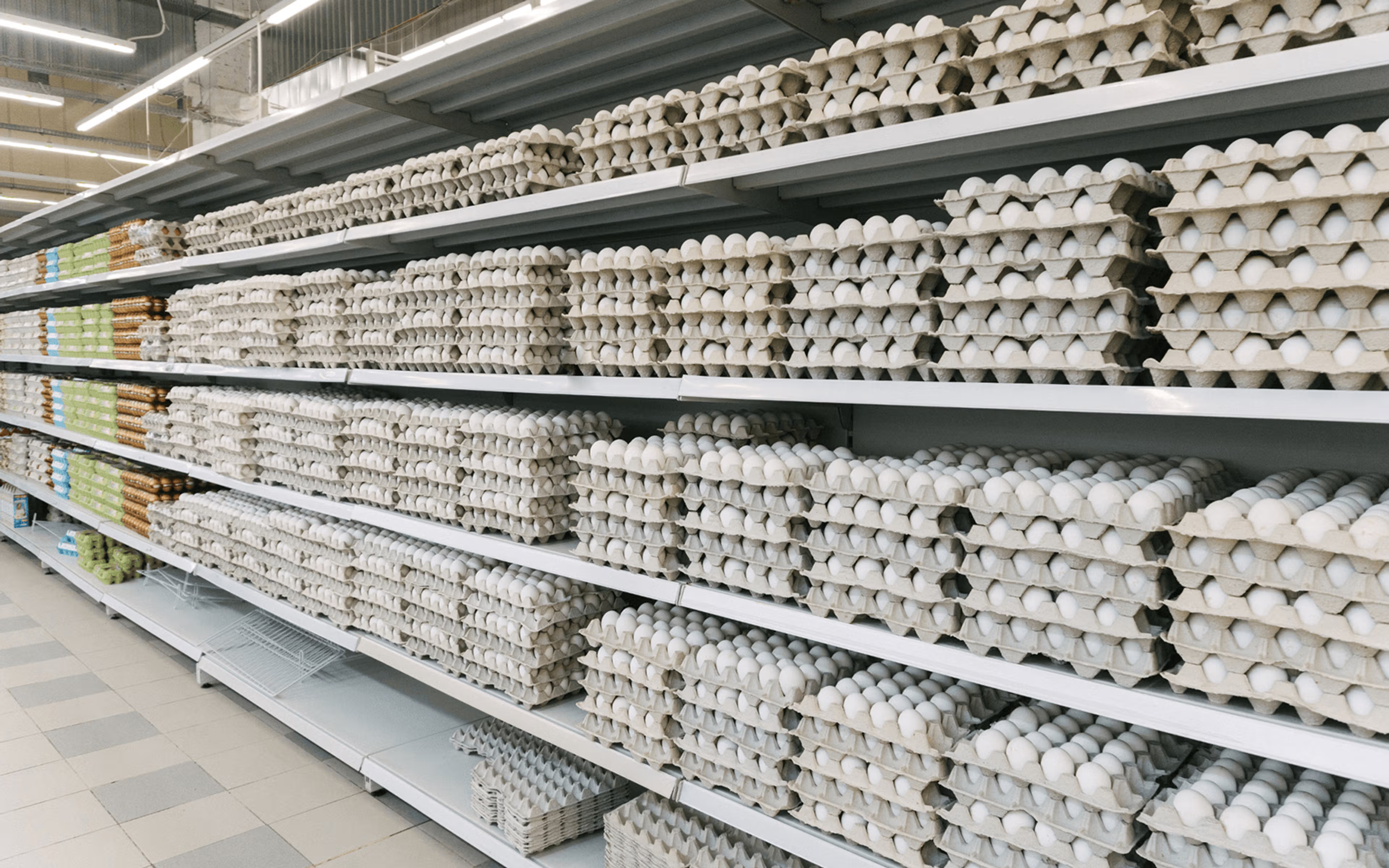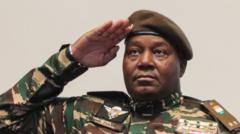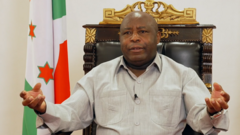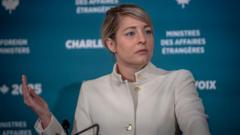Ghana faces a significant political transition as election day brings a new presidential candidate to the forefront, amid pressing economic concerns and the backdrop of a former leader’s potential comeback.
New Leadership Awaits Ghana as Crucial Election Day Unfolds
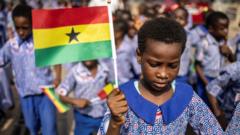
New Leadership Awaits Ghana as Crucial Election Day Unfolds
As millions prepare to cast their ballots, the country's economic challenges take center stage.
On election day in Ghana, voters are gearing up for a pivotal moment that could reshape the nation’s political landscape. With Nana Akufo-Addo stepping down after fulfilling two terms, the election signals a guaranteed new president for the West African nation. However, the prospect of former President John Mahama returning to power adds a familiar twist for voters grappling with a mounting debt crisis and soaring living costs, which remain paramount concerns.
In a competitive race, Vice-President Mahamudu Bawumia of the New Patriotic Party (NPP) faces Mahama, who represents the National Democratic Congress (NDC). Should he win, Bawumia would make history as Ghana's first Muslim president. Both candidates have taken to the campaign trail, with Bawumia asserting that his government has outperformed Mahama’s, while Mahama emphasizes the need for a "Ghana of opportunity, prosperity, and justice for all."
In addition to the presidential race, voters will select representatives in 275 constituencies, making this election critical for shaping the legislative agenda. Approximately 19 million Ghanaians are registered to exercise their democratic rights, although there remain concerns about the representation of women in frontline politics. The only female presidential candidate, Akua Donkor, tragically passed away in October, yet her name will still appear on the ballots due to candidate disqualifications.
With polling stations opening at 07:00 GMT and closing after ten hours, candidates need more than 50% of the votes to secure an outright victory. Should this not occur, the two leading candidates will advance to a runoff within the month.
As the country grapples with high inflation—peaking at 54.1% in 2022—and a looming unemployment crisis, particularly among youth, the outcomes of this election are crucial in determining both economic recovery and the political direction of Ghana over the coming years. While both candidates set their sights on the ultimate prize, it remains to be seen who will lead Ghana through these trying times and beyond.





